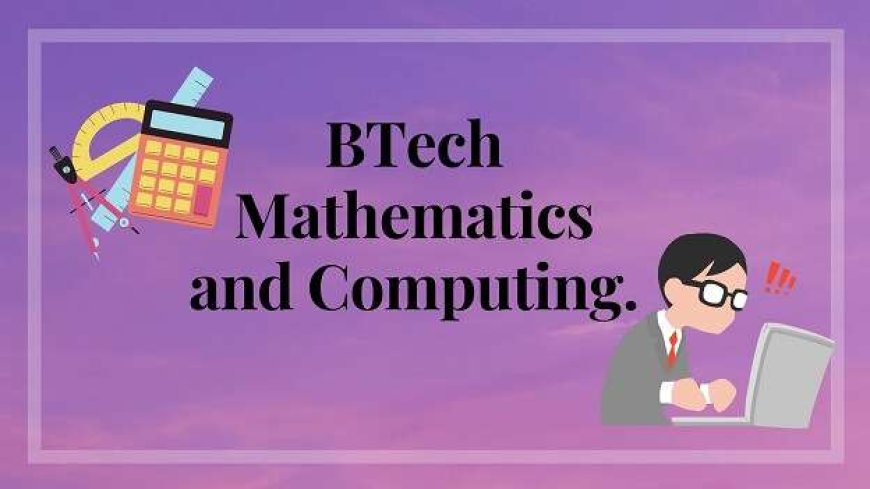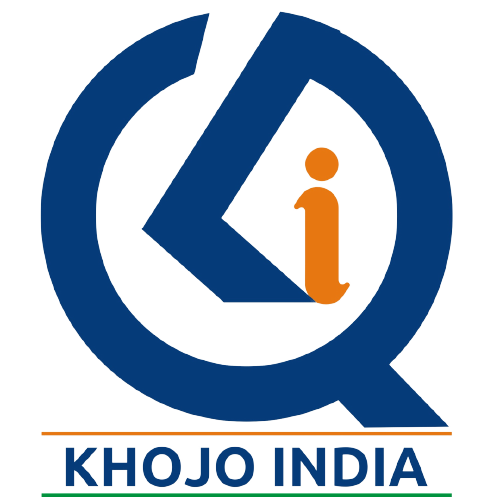Mathematics and Scientific Computing Course

Mathematics and Scientific Computing Course:
Mathematics and Scientific Computing Course typically covers various mathematical concepts and computational techniques used in scientific fields. It aims to equip students with the necessary tools to analyze and solve complex problems in scientific research, engineering, data science, and other related areas.
Here's an outline of what a comprehensive mathematics and scientific computing course might cover:
-
Mathematical Fundamentals:
- Review of basic algebra, trigonometry, and calculus concepts.
- Linear algebra: Vectors, matrices, systems of linear equations, eigenvalues, and eigenvectors.
-
Numerical Methods:
- Solving equations numerically: Root-finding methods (e.g., Newton-Raphson method).
- Interpolation and approximation: Polynomial interpolation, least squares fitting.
- Numerical differentiation and integration.
-
Ordinary Differential Equations (ODEs):
- First-order ODEs: Separable, linear, and exact equations.
- Second-order ODEs: Homogeneous and non-homogeneous with constant coefficients.
- Numerical solutions to ODEs: Euler's method, Runge-Kutta methods.
-
Partial Differential Equations (PDEs):
- Classification of PDEs: Elliptic, parabolic, and hyperbolic equations.
- Finite difference methods for solving PDEs.
-
Probability and Statistics:
- Probability distributions: Discrete and continuous distributions.
- Statistical measures and hypothesis testing.
- Introduction to Bayesian statistics.
-
Scientific Computing Tools and Libraries:
- Introduction to programming languages commonly used in scientific computing, such as Python or MATLAB.
- Numerical computing libraries: NumPy, SciPy, and other relevant tools.
- Visualization of scientific data.
-
Optimization:
- Unconstrained optimization methods.
- Constrained optimization and linear programming.
-
Applications:
- Application of mathematical and computational techniques to real-world problems in physics, biology, engineering, etc.
- Simulation and modeling of physical systems.
-
Advanced Topics (Optional):
- Topics such as data analysis, machine learning, and deep learning for scientific applications.
- Parallel computing and high-performance computing.
-
Final Project:
- Students may be required to work on a research project that involves applying the concepts learned throughout the course to solve a specific problem.
Indian Institutes of Technology (IITs): The IITs are among the premier engineering and technology institutions in India. Many IITs offer mathematics and scientific computing courses as part of their undergraduate and postgraduate programs.
What's Your Reaction?






















































